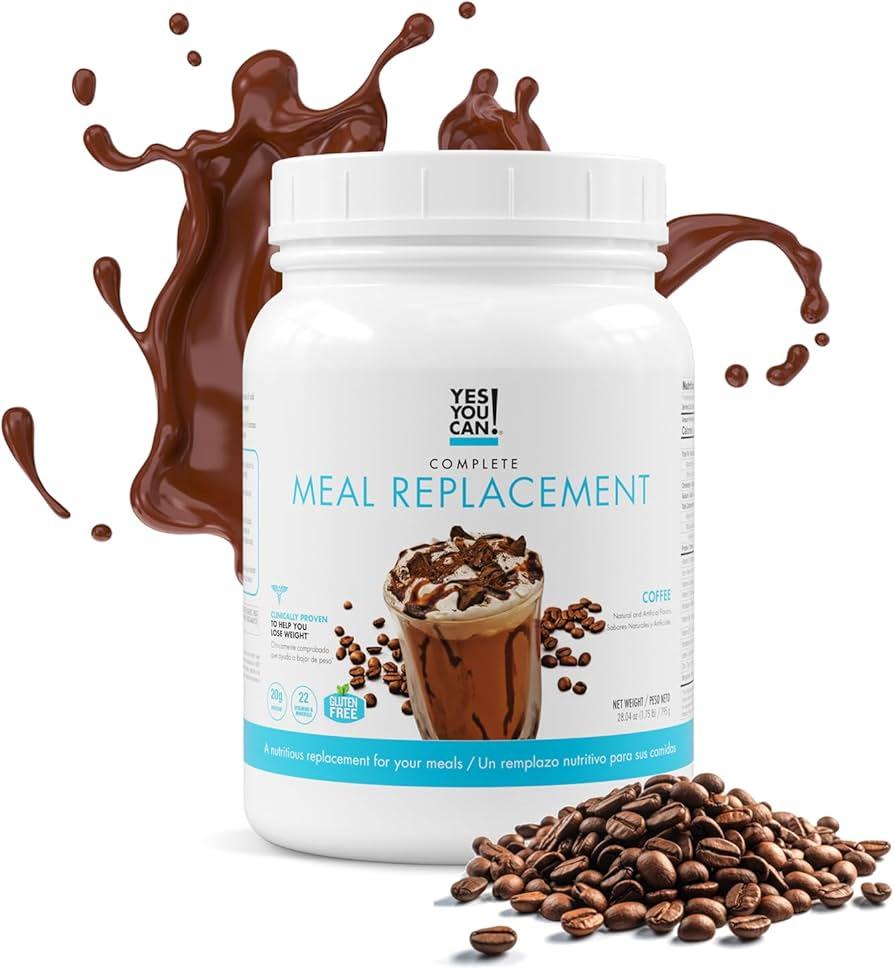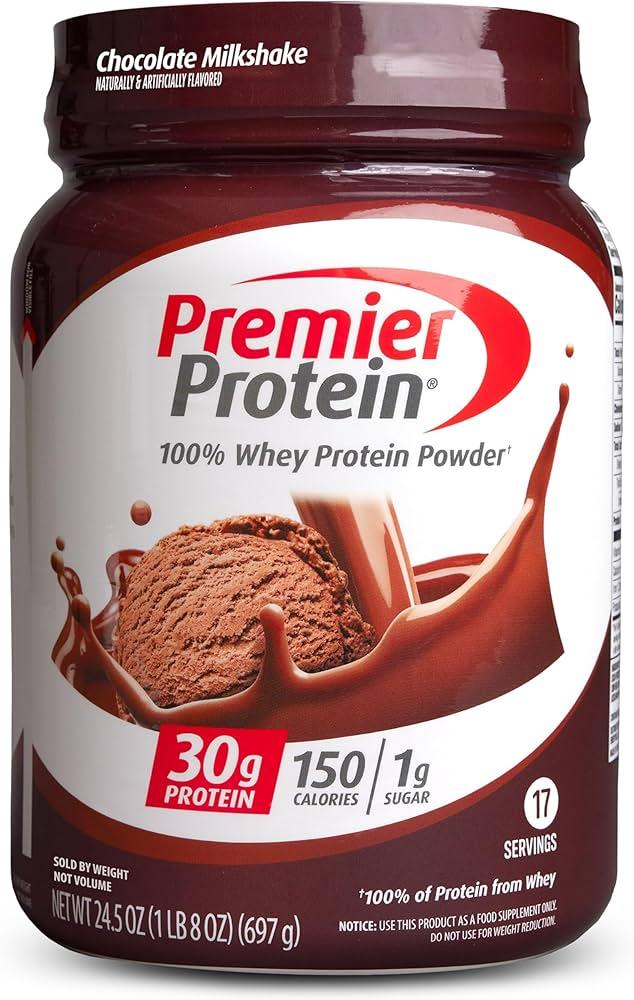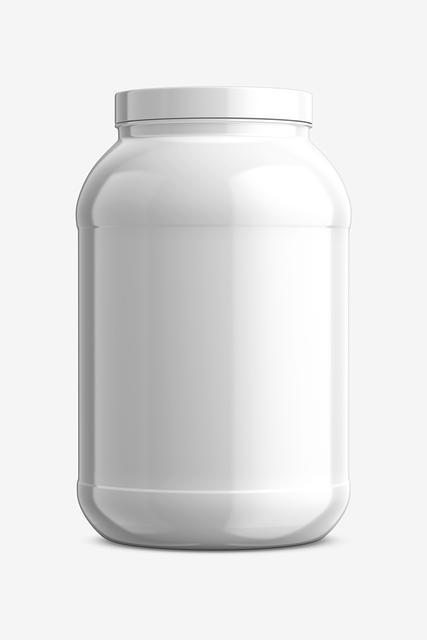In the ever-evolving landscape of nutrition, protein powders have carved out a prominent niche, frequently enough hailed as a swift fix for busy lifestyles and fitness goals alike. as their popularity surges, so too does the debate over their role in our diets: Can a protein powder truly replace a meal, or are they merely supplemental sources of energy that add needless calories? In this exploration, we delve into the intricacies of the best protein powders currently on the market, assessing their nutritional profiles, ingredient lists, and overall fitness benefits. Are they a convenient solution for on-the-go meals, or just another addition to your caloric intake? Join us as we navigate the nuanced world of protein powders, peeling back the layers to reveal whether these products can truly deliver on the promise of complete nutrition or simply serve as a tasty distraction in our quest for health.
Exploring the Nutritional Profiles of Top Protein Powders
The world of protein powders offers a diverse array of options, each boasting its unique nutritional profile that can cater to various dietary needs and fitness goals. When delving into these products, it’s crucial to consider not just the protein content but also the presence of other essential nutrients. Some of the most popular protein powders include:
- Whey Protein: A complete protein containing all nine essential amino acids, ideal for muscle recovery.
- Casein Protein: Slow-digesting, providing a sustained release of amino acids, perfect for nighttime use.
- Pea Protein: A plant-based option rich in iron and beneficial for vegans.
- Brown Rice Protein: Lacking some essential amino acids but high in fiber - frequently enough combined with pea protein for balance.
- Egg White Protein: Low in fat and carbohydrates, a high-quality protein source without the yolk.
When assessing whether these powders can serve as meal replacements or merely as calorie boosters, it’s essential to analyze their macronutrient balance. Some formulas are fortified with vitamins, minerals, and dietary fibers that can enhance their meal-like qualities. Below is a concise comparison of the main protein powders and their nutritional compositions:
| Protein Powder | Protein (g per serving) | Calories | Fiber (g) | major vitamins/Minerals |
|---|---|---|---|---|
| Whey Protein | 24 | 120 | 1 | Calcium, B Vitamins |
| Casein Protein | 25 | 120 | 0 | Calcium, Phosphorus |
| Pea Protein | 20 | 100 | 1.5 | Iron, Magnesium |
| Brown Rice Protein | 15 | 110 | 3 | Fiber, B Vitamins |
| Egg White Protein | 26 | 100 | 0 | Se selenium, Riboflavin |
Judging solely by protein content may not be enough; one must also consider the additional benefits these powders offer. From vitamins and minerals to fiber and healthy fats,a well-rounded protein powder could effectively contribute to a nutrient-dense meal replacement rather than just a calorie addition. Exploring the nutritional profiles helps individuals make informed decisions based on preferences, dietary restrictions, and specific health goals.

Meal Replacement vs. Supplementation: Understanding the Differences
When considering the nutritional landscape, it’s essential to distinguish between meal replacements and general supplementation. Meal replacements are designed to deliver a complete package of nutrients, serving as an efficient option for individuals on the go. They typically include a balance of macronutrients—carbohydrates, proteins, and fats—along with vitamins and minerals, allowing them to fulfill the role of a meal. In contrast, supplements primarily focus on enhancing specific nutrient intake, such as protein powders, vitamins, or minerals, frequently enough lacking the comprehensive formulation found in meal replacements. This distinction is crucial for individuals aiming to manage their diet effectively and understand the role each plays in their nutrition.
For those exploring options,meal replacements can offer a versatile solution,especially for those with busy lifestyles or specific dietary goals. Consider the following advantages of meal replacements versus protein supplements:
- Convenience: Meal replacements are an all-in-one option, while supplements may require additional food sources to achieve a balanced intake.
- Nutrient Density: Many meal replacements are formulated to meet daily nutritional needs, whereas supplements frequently enough lack calorie and macronutrient balance.
- Usage Flexibility: Meal replacements can be consumed in lieu of a meal, while supplementation is typically added to enhance a diet rather than replace meals.

Identifying Quality Ingredients for Optimal Nutrition
When it comes to selecting protein powders for nutritional benefits, it’s crucial to prioritize quality ingredients. Look for products that include whole food sources of protein, such as whey, casein, or plant-based options like pea, hemp, or brown rice.Check the labels for minimal processing, as overly processed powders can lose vital nutrients. Additionally, stay away from those laden with added sugars, artificial sweeteners, or preservatives, which can detract from their health benefits. Aim for protein powders with a balanced amino acid profile, which are essential for muscle repair and growth, while also considering the source’s digestibility. This ensures your body can absorb and utilize the nutrients effectively.
Along with protein content,a truly nutritious powder will contain a variety of vitamins and minerals that support overall health.It’s worth searching for supplements fortified with micronutrients, like B vitamins for energy metabolism, or omega-3 fatty acids for heart health. To illustrate the contrast between different types of protein powders, consider the following comparison table:
| protein Source | Complete Amino Acids | Additional Nutritional Benefits |
|---|---|---|
| Whey Protein | Yes | Rich in BCAAs, supports muscle recovery |
| Casein Protein | Yes | Slow digestion, promotes satiety |
| Pea Protein | No (but complementary) | High in iron, aids digestion |
| Brown Rice Protein | No (but complementary) | Gluten-free, good for allergy sufferers |
| Hemp Protein | Yes | Rich in fiber and essential fatty acids |

Personalizing Your Protein: Choosing the Right Powder for Your Goals
When it comes to protein powders, not all blends are created equal. Depending on your specific fitness goals, you might prioritize different types of protein. For those aiming to build muscle, whey protein is often the go-to choice due to its quick digestion and rich amino acid profile. Conversely, if weight loss is your objective, plant-based proteins like pea or rice can be lower in calories while still providing essential nutrients. Consider also your dietary restrictions, as soy protein can be a suitable alternative for vegans and vegetarians. Here’s a quick overview of common protein types and their benefits:
- Whey Protein: Fast digestion; ideal for post-workout recovery.
- Casein Protein: Slow digestion; great for satiety and muscle repair overnight.
- Pea Protein: Hypoallergenic and rich in iron; ideal for vegans.
- Brown Rice Protein: Complements pea protein; good for digestibility.
- Hemp Protein: Contains omega fatty acids; excellent for overall wellness.
Additionally, paying attention to the nutritional content of your protein powder is crucial for maximizing its benefits. Some powders offer a well-rounded blend of vitamins and minerals, making them a more complete option for meal replacements. here’s a quick snapshot of what to look for:
| Protein Type | Calories | % Daily Value of Protein |
|---|---|---|
| Whey protein Isolate | 120 | 25% |
| Soy Protein | 110 | 22% |
| pea protein blend | 90 | 20% |
| Casein Protein | 130 | 26% |
Wrapping Up
the quest for the best protein powders with complete nutrition offers a wealth of options for those looking to enhance their dietary regimen. Whether you’re an athlete in need of recovery nutrition or simply a health-conscious individual aiming to maintain a balanced diet, understanding the roles these powders play in your nutrition is essential. While they can serve as convenient supplements to help meet protein needs,it’s critically important to recognize that they are not one-size-fits-all replacements for whole foods. As with any dietary choice, personal goals, nutritional needs, and lifestyle factors must guide your decisions. Ultimately, protein powders can be a valuable addition to your nutrition toolkit, aiding in meal planning and providing an accessible source of nutrients. As you navigate the spectrum of options available, remember to prioritize variety and balance in your diet for optimal health and wellbeing.



